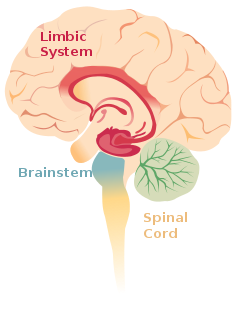Reconstructive Memory Theory

Disclaimer: This theory is extremely schizo. Despite that, there is some chance it is true.
One of the most common occurrences in Papp lore is misrepresentation of the truth and of the past. The abundance of Papp lore and the extensive lying that he has done are some of the main reasons why Papp lore has been documented.
Originally, it was commonly believed that the reason for this behavior was simply out of the desire for attention, or due to his need to compulsively lie. However, the reconstructive memory theory is a more schizo, but also more logical answer for why he acts like this.
What is Reconstructive Memory
The American Psychological Association defines reconstructive memory as the following:
the process of remembering conceived as involving the recreation of an experience or event that has been only partially stored in memory. When a memory is retrieved, the process uses general knowledge and schemas for what typically happens in order to reconstruct the experience or event.
In simpler terms, this essentially refers to how memories change over time, and are not accurate depictions of reality. As memories are recalled, they are modified and reconstructed. This means that memories are vulnerable to being manipulated and changed with false information.
Intrusion Errors
Intrusion errors are essentially when information related to the original themes of a memory are associated to an event. For example, if someone told to memorize the words "candy, cake, sugar, and chocolate" but not the word sweet, but said sweet when asked to recall the words they memorized, this would be an intrusion error.
This can lead to people associating similar events together, altering their sense of memory and leading to an inaccurate perception of reality
False Memories
Scientists have discovered it is possilbe to implant false memories into 1/4 of subjects. In a famous experiment, scientists presented subjects with a book containing written accounts of 4 experiences. Three of them were real events written by their family members, while the fourth one was false and described a time where they got lost in the mall. 1/4 of the subjects could recall this false memory, and would provide a detailed account despite it never actually happening.
Memory Biases
Memory biases on the part of the person remembering can change what they remember. Specifically, the motivations, intentions, mood and biases can impact what people remember about an event. The emotional nature of the event can also influence how they remember.
Key Ideas
What are the key takeaways?
- Memory is imperfect and is not an accurate depiction of reality
- Memories change as they are recalled over time
- Personal bias, such as the emotions associated with the memory and their personal motivation and perception of the event can impact how it is recalled, leading to the omission, addition, or change of details.
- Similar events can become connected, even if the events were not related. This can lead to certain details melding together from different memories, leading to "expected" but untrue details being recalled.
- Completely false memories can be recalled by people, who can vividly remember events that never happened.
All of these facts show that memory is unreliable at best and are often not considered by people, considering that forgetting or misremembering details is a relatively ordinary occurance and probably happens to most people every day.